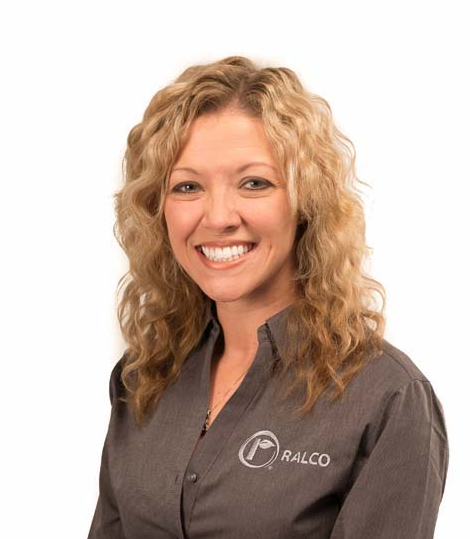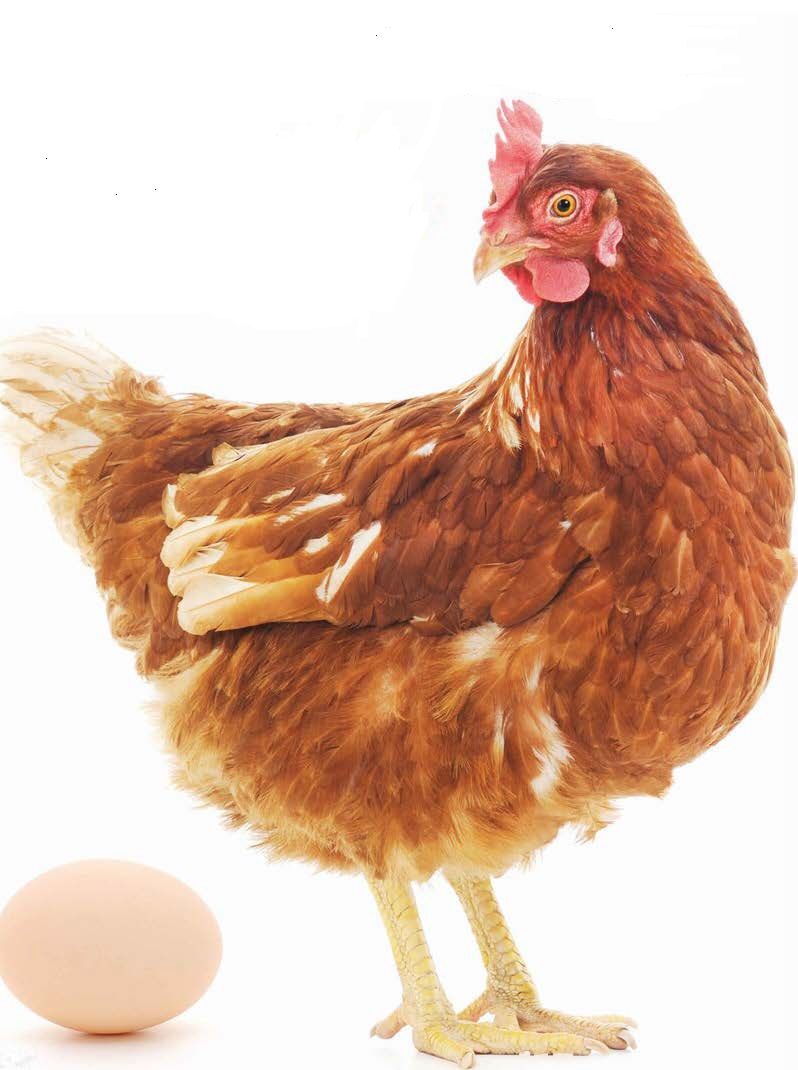What’s Crackin’?
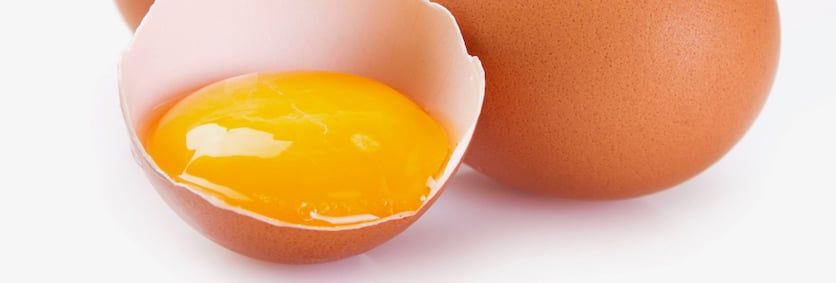

How to set up your laying flock for shell quality success
Which came first? Though the age-old question challenges us where to appropriately start, the chicken or the egg, for the purposes of this piece we will start with the egg. More specifically, the eggshell.
After the yolk is released from the ovary, it travels down the various parts of the oviduct gaining several of its components until it reaches the uterus. Also known as the shell gland, this is where the shell is formed.
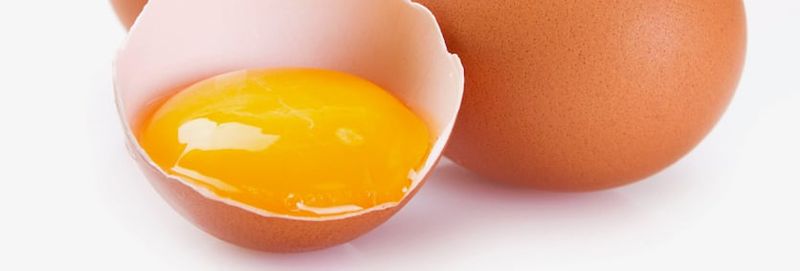
The shell is made almost entirely of the form of calcium known as calcium carbonate along with some small amounts of sodium potassium and magnesium.
Birds uses two sources of calcium for eggshell production: their diet, and their bones. This seems crazy right? But, in fact, it’s true! Birds use certain bones to act as storage sites for calcium. These bone reserves are particularly important at night when the bird is not taking in calcium through her diet and the eggshell is being deposited.
Factors impacting shell quality
There are many factors that can negatively impact eggshell quality. The following are several examples:
- Bird’s age
- Heat stress
- Eggs laid earlier in the day
- Certain diseases
- Particular medications
- Stress events experienced by the flock
- Dietary deficiencies
Let’s focus on how to start your chicks off right, setting them up for success as egg-laying adults. We will cover how gut health and immune support play important roles you might not have considered in eggshell quality. We will then discuss ways to ensure your birds are meeting their dietary requirements and how to avoid deficiencies in essential nutrients required for eggshell formation.
Starting birds off right
Getting pullets off to the right start, especially in the area of nutrition, is extremely important. This crucial period can impact health and egg production throughout the rest of the bird’s life! For the purpose of this article, we will focus on diet, gut health, and disease avoidance.
When it comes to diet, it is important to remember that birds need a complete balanced diet. It is essential that this diet is specially formulated for the type of bird being fed and its stage of life. For example, broiler or layer diets are not appropriate for growing pullets.
One area that is particularly important is a balanced calcium/phosphorus ratio. The ratio for a growing pullet must be balanced to allow for appropriate growth and deposition of calcium into the skeletal system. This ratio looks very different for other types of birds, including layers, which we will touch on in a bit. Certain vitamins are essential for appropriate absorption of nutrients.
Vitamin D is very important for appropriate absorption and utilization of calcium. Because their bones not only support their bodies, but also in the case of layers, are stores of calcium for future eggshell production, appropriate nutrient absorption is essential.
When chicks hatch, their guts need to be populated with a good mix of healthy bacteria. A healthy microbiome is essential for proper maturation of the gut (intestine) itself as well as appropriate establishment and maturation of the immune system. The microbiome, the birds gut wall, and the bird’s immune system are intricately connected.
Over 70% of the bird’s immune system is located in the gut, and the immune system is an essential first line of defense to protect your birds from pathogenic organisms.
It is crucial the bird’s gut health gets off to the right start from the beginning, to ensure proper immune function. Maintaining this healthy gut throughout the life of the bird leads to healthier birds that are more resilient to challenges.
Finally, starting your birds off right and ensuring healthy, life-long egg production means implementing a good health program. Diseases like infectious bronchitis (a virus that attacks the shell gland) can be prevented with an appropriate vaccination, health, and biosecurity program that you design with your veterinarian.
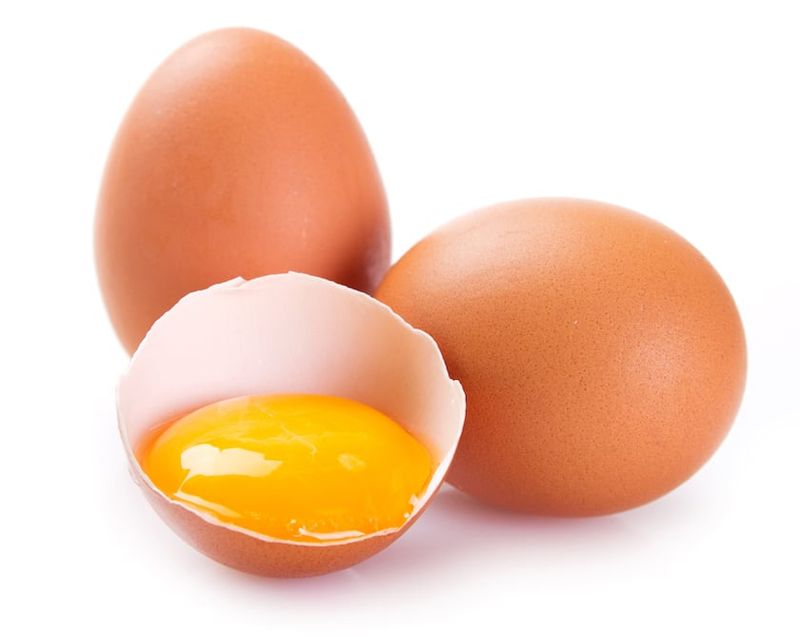
Diet and supplementation
Though pullets require calcium for proper bone growth and calcium deposition in the bones, when egg production begins, the calcium requirement increases approximately four times!
A pre-lay diet, usually containing 2% calcium, can be fed for two weeks prior to the start of egg production. During this period of time the bird’s hormonal changes allow them to use this excess calcium to build up calcium reserves, and not have negative impacts that it might on a young pullet.
Once you see your flock’s first egg laid, switch your flock to a layer diet, which will contain 3.5% calcium or more.
A balanced diet
Though it can be very satisfying to create your own feed for your chicken, balanced pellets especially formulated for layers to have a complete diet are ideal. You can supplement and provide enrichment with fun treats in addition to the pelleted diet. Non-pelleted diets are tricky because birds tend to “sort” and will not receive all the nutrients they need to thrive.
Remember that even though our chickens today are descended from junglefowl (who produce only around 12 eggs per year, and only for a particular season), we have genetically selected our chickens to produce exponentially more eggs, larger eggs, and the ability to lay them year round at a younger age.
This means it is even more essential to feed a complete balanced diet. Ensure your flock’s feeds come from reliable sources that have the right nutrients in the right proportions. Remember to read the label as different feeds are used for different types of chickens at different stages of life.
Even though treats, table scraps, and scratch are important for your enjoyment and bonding with your flock and for your flock’s enrichment, their complete diet is the most important part of their daily intake.
Feed treats and enrichments in the afternoon after they have consumed the complete feed. Only offer treats or scratch that your birds can consume in 15-20 minutes.
Let’s go over some of the important aspects of a balanced diet.
Calcium/phosphorus ratio—Excess levels of either calcium or phosphorus can disrupt the intestinal absorption of both! Just as excess calcium and decreased phosphorus is problematic in pullets, excess phosphorus can decrease shell thickness in hens.
These ratios can be tricky and this is another reason pelleted complete feeds from reputable sources, formulated by nutritional experts, are so important.
Calcium supplementation—Because particle size affects calcium availability, free choice oyster shell can be a good supplemental option. The large particle size allows the oyster shell to be retained in the digestive tract longer and the calcium released more slowly, particularly at night when the birds are not eating but are depositing the calcium into the shell.
Free choice availability of oyster shells in addition to a complete layer diet allows individual chickens that may require more calcium to supplement themselves as needed, while not over supplementing individuals who don’t.
Vitamin D—Vitamin D is essential for calcium to be appropriately absorbed and utilized by the bird’s body. Vitamin D3 is substantially more active in birds and should be the form present in the complete feed and any supplements you give your birds. Do not over-supplement your birds. Only provide supplements from reputable sources specially formulated for poultry.
Feed storage and water availability —Fresh feed and fresh clean water should be in ample availability to birds. It should be available at the appropriate height for the breed and stage of life for your birds. There should be multiple sources of both feed and water to avoid birds being outcompeted by more aggressive flock-mates.
Being out of feed and water events are extremely stressful to birds, so always ensure adequate feed and water for your flock.
Eggs are more than 75% water, so ensuring birds have adequate clean water supply is not only essential for their health and welfare, but also for egg production.
Vitamins are extremely sensitive to heat and moisture. Vitamin potency decreases quickly over time especially in hot and humid environments. Your birds’ diet should be stored appropriately to decrease vitamin degradation and should be used quickly. Wet or moldy feed should be discarded and replaced immediately.
Gut health and egg shell quality
You might be wondering how gut health could possibly impact eggshell quality. A healthy gut and gut health supplements can support birds through many of the challenges and factors impacting eggshell quality. First and foremost is absorption of nutrients.
The gut is made for absorption. The architecture of the gut itself is specially designed for ultimate absorption. The gut folds into finger like projections (called villi) to increase surface area and even the cells that make up the lining of the gut have extremely small structures called microvilli that further increase surface area for absorption of nutrients from ingested feed.
When the gut is healthy, it is better able to absorb nutrients and convert those nutrients to energy for growth and egg production. A healthy gut allows a bird to better absorb calcium for bone development and then later for eggshell production. It also allows for better absorption of the vitamins and other nutrients essential to the bird’s health and eggshell quality.
There are many diseases that can impact not only a bird’s health and production, but also eggshell quality. When the gut and microbiome in the gut are healthy, the immune system in the gut is healthy, they are all intimately connected.
Because the majority of the bird’s immune system is located in the gut, a healthy immune system is essential to protect birds from disease challenges.
Protecting your birds from pathogenic challenges should include a well-designed health program (including support for gut health), a vaccination program, and biosecurity plan.
One unique way you can supplement your birds is by choosing products that are specially formulated to support gut health. It is extremely important to provide supplements specially formulated for poultry and for the appropriate stage of life, from a reputable source, with strong research supporting their products.
Strong Animals Chicken Essentials is an example of a line of products that are formulated to naturally support gut and bone development in chicks as well as support gut health and support immune function in adult laying chickens. These products were created to compliment a complete balanced diet. (You can look at articles in prior Chicken Whisperer Magazine on essential oils and prebiotics to understand how products like this can improve gut health and immunity of your flock.) These supplements are especially beneficial whenever your flock is experiencing any type of stress.
Tags:Poultry Advancements

Chicken Whisperer is part of the Catalyst Communications Network publication family.


